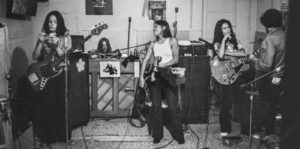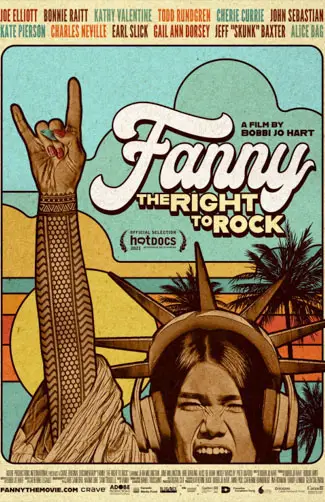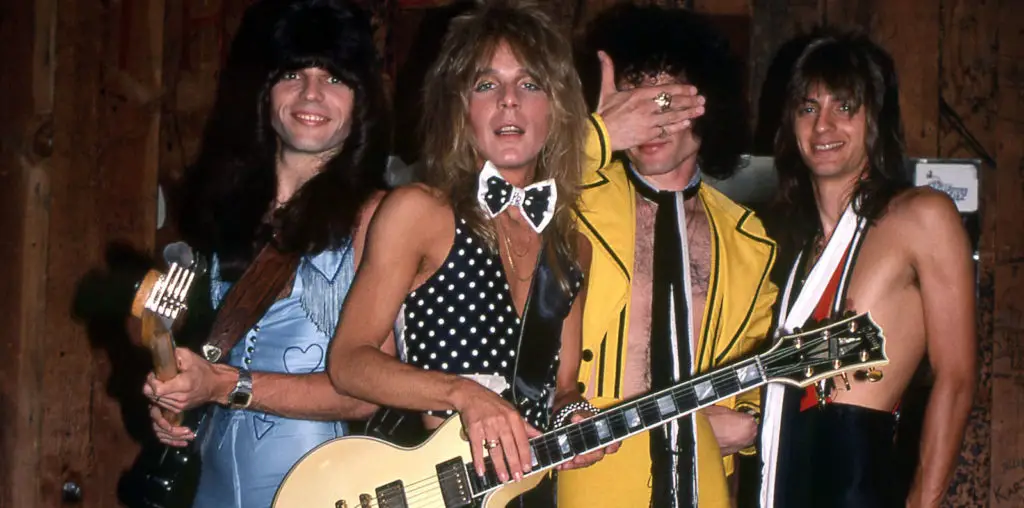
NOW ON PBS! Sometimes, the greatest tales in rock n’ roll involve bands or singers who haven’t made the Hall of Fame or the playlists for classic rock stations. If you want both the best sounds and stories, you have to search. Thankfully, Bobbi Jo Hart has saved the rest of us a lot of effort with her documentary Fanny: The Right to Rock. The writer-director’s film chronicles the forgotten band Fanny, founded by Filipina-American sisters June and Jean Millington. June was their lead guitarist, and Jean played bass. The rest of the rocking ensemble was rounded out by keyboard virtuoso Nickey Barclay, guitarist Patti Quatro, while Brie Darling and Alice de Burh showed no mercy to their drum kits.
Historically, Fanny is interesting and important because it was the first all-female band to sign with a major label. But it’s the music that really cements the deal. In their five albums with Reprise and Casablanca, the women in the group did more than simply play as well as their male contemporaries; they were better. For example, they could perform first-rate covers regardless of whether the original singer was male or female. They could switch from Motown to the Rolling Stones effortlessly.

“…the first all-female band to sign with a major label.”
Fanny: The Right to Rock interviews several well-known musicians who are fans, as well as most members of the band itself. Joe Elliott, Todd Rundgren (who produced an album with Fanny), Cherie Currie, Kathy Valentine, and Bonnie Raitt all sing their praises. Elliott’s raves are especially poignant because he discovered them on a vinyl that came as part of a magazine. Unfortunately, it could only be played so many times before it ceased to be listenable. So we share his excitement when he locates the “disc” after a little digging.
In the interviews with the bandmates, we discover Fanny was self-contained the way the early Beatles were. They wrote their own material, played their own instruments, and sang harmonies. While the Millington sisters, Barclay, Quatro, Darling, and de Burh lament not having hits, catching a few notes of “Blind Alley” or “Butter Boy” demonstrates that sales and talent are two completely different entities.

"…[Fanny] is as good as ever..."


